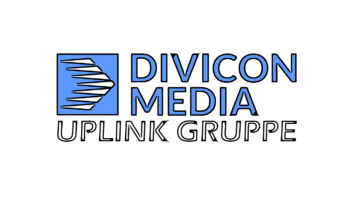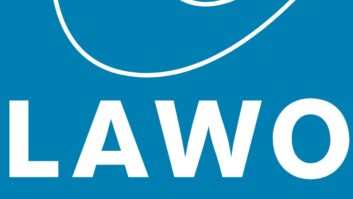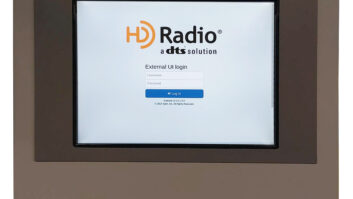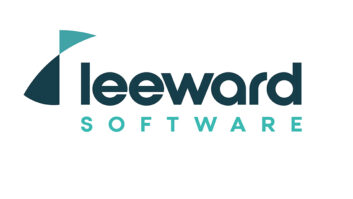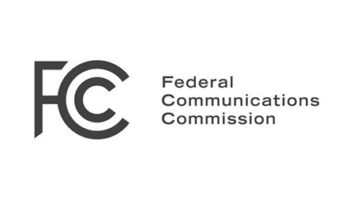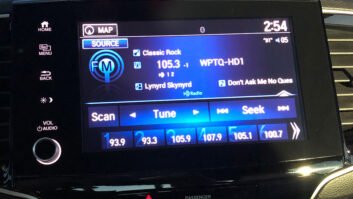Can there be more competition even if there are fewer competitors?
XM and Sirius released details of a study by a former chief economist of the FCC who was commissioned by the satellite companies.
It concludes that the merger “offers the potential to yield substantial efficiencies, benefit consumers and enhance the dynamics of competition within the audio entertainment marketplace.”
The author is Thomas Hazlett, a professor of law and economics at George Mason University and a principal in Arlington Economics.
According to the companies, Hazlett found that the merger “will predictably enhance consumer welfare. The National Association of Broadcasters’ staunch opposition to the merger illustrates their similar expectation.”
The merger will increase competition among providers of audio entertainment, Hazlett found. “Free radio” competes with satellite, as evidenced by broadcaster opposition to satellite and the merger. If terrestrial broadcasters believed the merger would increase price, they would support it, given that higher prices for satellite would translate into larger audiences and ad revenues for them, he argued.
Other findings: Consumers will benefit from the merger; numerous investment analysts have concluded that a merger will yield substantial efficiencies; there is “intense inter-modal competition” among providers of audio entertainment; and “by any measure,” satellite radio is dwarfed by terrestrial radio, he found.
An NAB spokesman issued a reply saying, “This report defies logic. The study’s contention that consumers would benefit from a monopoly merger of the only two satellite radio services is laughable, as evidenced by the fact that Consumers Union and the Consumer Federation of America are opposing the merger.”





